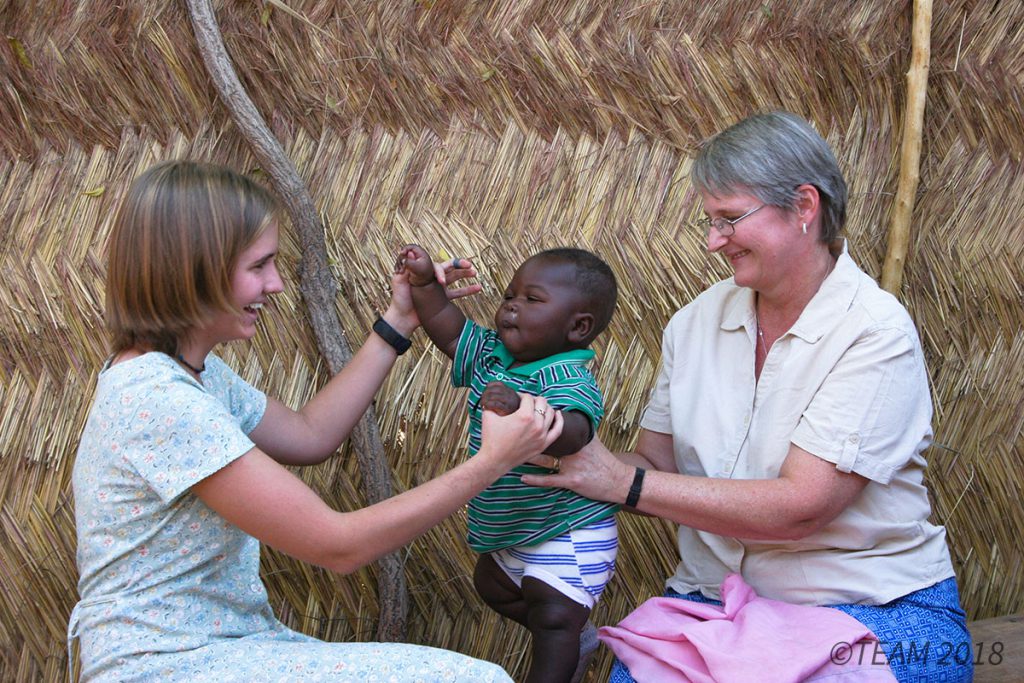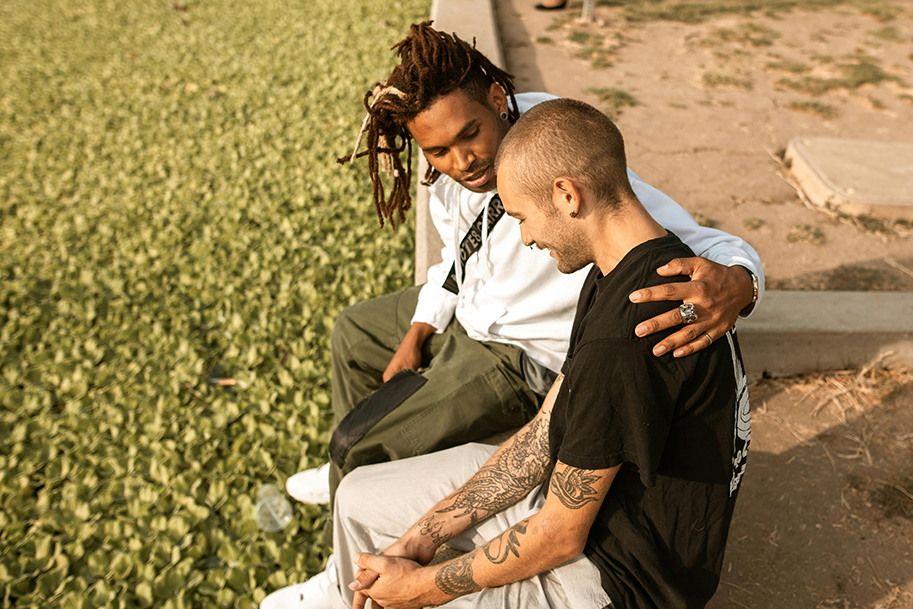
Missionary Life
What It’s Like to be Raised by Missionaries
June 13, 2019
by admin

For most kids, getting grape jam instead of strawberry jam on their peanut butter and jelly sandwiches isn’t a big deal. It might even just be a matter of personal preference.
But when Marti Williams got grape jam as a kid, she knew it meant something else entirely.
Marti grew up as a missionary kid in South Africa. And at a young age, she knew when her parents had extra financial support — because she and her siblings would get treated to strawberry jam. During leaner months, they got by just fine with grape.
But looking back, Marti sees the grape months were worth it.
“Learning that we were blessed because God had provided jam at all was a valuable lesson,” she says.
And that story’s a good depiction of what being raised by missionaries is really like. There are benefits and challenges — and blessings mixed up in both.
You will be Treated Differently

One of the challenges that TCKs face is learning to handle the feelings that come with being treated differently.
For better or worse, people will treat you differently than other kids once they find out your parents are missionaries.
I sometimes wished this wasn’t the case when I was growing up. I was a pretty shy kid. So during home assignment, the attention my sister and I received at my parents’ supporting churches wasn’t always welcome.
Luckily, I had a great mom and dad who taught me how to be polite. They also made daily quiet time a priority for me, which helped me adjust any time we were in a new place.
For Emily Sheddan, growing up as a missionary kid in Malaysia sometimes strained her childhood friendships.
“Sometimes it would seem like they felt sorry for me,” she says. “Or even like they couldn’t relate because I was having such different experiences.”
But Emily says the key to overcoming the relational divide between missionary kids and their non-missionary peers is to realize that neither childhood is less valuable than the other — they just look different.
While Emily sometimes struggled with friendships, Nate Murphy remembers getting pseudo-rockstar treatment as a missionary kid in Venezuela.
“In Venezuela, I was treated kind of like a celebrity by the church for being the missionaries’ kid,” he says. “Everyone knew who I was and was always excited to talk to me.”
But kids don’t always have enough tools to properly deal with extra doses of attention.
I can remember struggling with an inflated sense of self-importance, which was quickly put in check when we moved back to the States!
Being raised by missionaries means that you’ll probably grow up with more eyes on you than most kids have. But it also equips you with invaluable tools to create boundaries and maintain cross-cultural friendships at an early age.
Getting to Know Relatives Takes Work
One of the main laments missionary kids express later in life is a lack of closeness with their extended family.

Living far away from extended family means maintaining relationships takes extra effort. This is especially true for TCKs who may never have lived close to their relatives.
Rob Dent was raised by missionaries in Singapore, and he remembers feeling frustrated by this throughout his childhood years.
“My blood relatives seemed like strangers every time we visited America, and by the time we had developed a good relationship with them, we were usually on our way back home to Singapore,” he says.
Of course the flipside to this disadvantage is that missionary kids often feel especially close to their immediate family. I know this was certainly the case for me!
Even though I never really knew any of my aunts and uncles growing up, my parents and my sister were truly my best friends. No one else understood the cultural challenges I was going through like they did, because they were usually going through them too.
Now I have a good relationship with pretty much all of my relatives. It has required a little more work on my end during my adult years, but I never take those bonds for granted now because I spent so many years without them.
Broad Perspectives — and Some Pressure
I’ll admit that I didn’t fully appreciate the global experiences I was given while I was growing up in Romania. I wish I had.
More than once, my parents would stop in the middle of whatever we were doing, look me in the eyes and say something along the lines of, “Don’t forget this moment. Take this in. You don’t understand this now, but this is a once-in-a-lifetime experience.”
And I’m so glad they did that! Because at the time, I was too young to really know the significance of my experiences. There’s no way I would have remembered half of those experiences if they hadn’t urged me to.
And boy, do I appreciate those memories now!
“I got to ride camels and elephants, attend royal weddings, see exotic animals in their natural habitats without going to a zoo, stay in African villages, and the list goes on,” Marti recalls. “I got to have and enjoy experiences that other kids only see on the National Geographic Channel!”

TCKs grow up with a wide variety of cultural experiences that can shape their worldview for the rest of their lives.
Getting those snapshot memories and experiences at such a young age is a tremendous blessing. And it’s a big part of what it means to be raised by missionaries — and a big part of who I am today.
That being said, I can remember being pressured — not necessarily by my parents, but by multiple adults in my life — to follow in my parents’ footsteps and become a missionary one day. People tend to think you’re tailor-made for global ministry if you were raised in it.
Here’s the problem though: Being a missionary was my parents’ calling, but it’s not mine.
Becoming a missionary takes more than cross-cultural experience. It takes a specific calling. It’s not for everyone, and it certainly has never been my gifting. And that’s okay. But it took me a long time to accept that.
“There was definitely pressure. If not from my parents, then from those around me,” says Nate. “One problem with being a preacher’s kid is that everyone expects you to be like your parents. My extended family actually has a lot of ministers in it. When your entire family is like that, there is some pressure to follow suit.”
Every former missionary kid that I’ve ever met has quickly said that having missionary parents is worth any amount of pressure they may have to face, though.
Why It’s Worth the Challenges
I got to see an amazing example of faith in my parents. They love Jesus so much that they were willing to go to the ends of the earth to proclaim His Good News.
And to me, that’s shaped everything about how I want my own faith to look — even if missionary life isn’t my calling. And I know I’m not alone in that sentiment.
“I was raised by two wonderful people who love God and have a stable marriage. Their example of obedience to God and love for each other and other people taught me what’s important,” Rob says. “They pulled back the curtains that hide away the world before I was even born, introducing me to … different peoples and cultures. They taught me the difference between right and wrong in the middle of a myriad of beliefs.”

